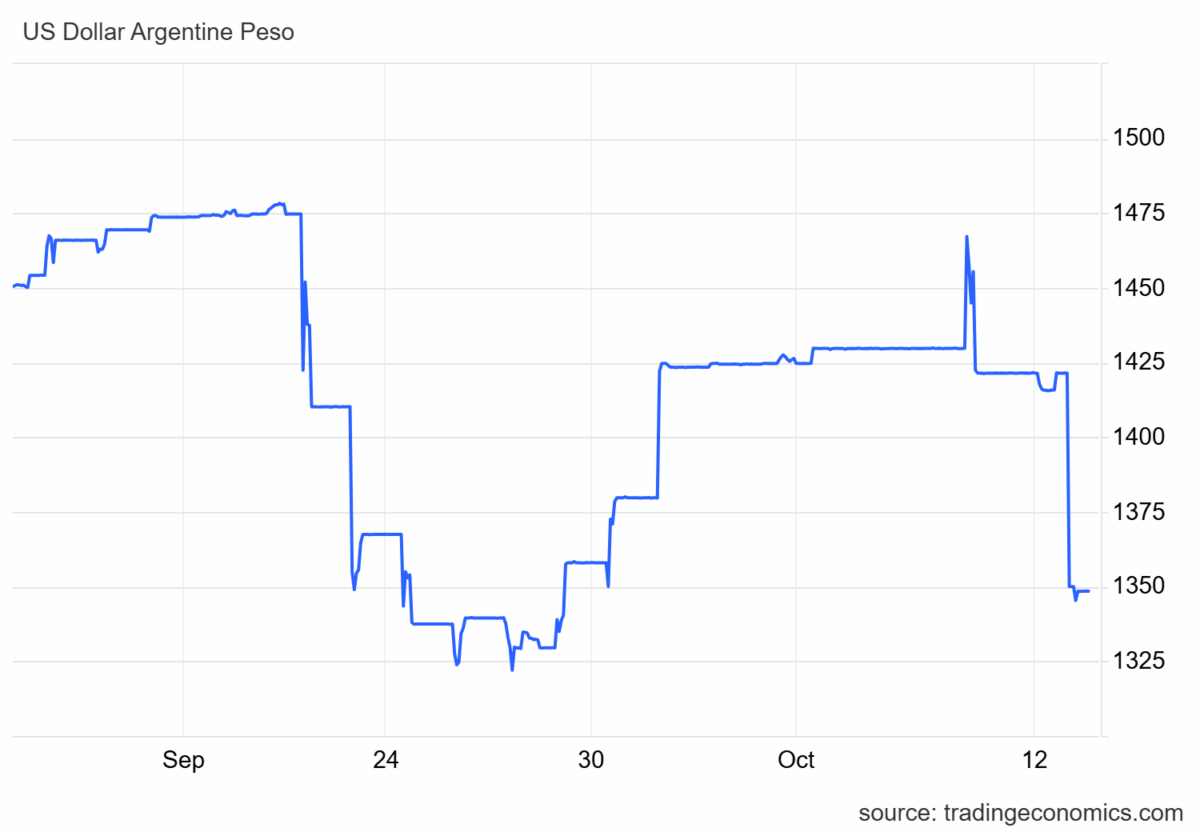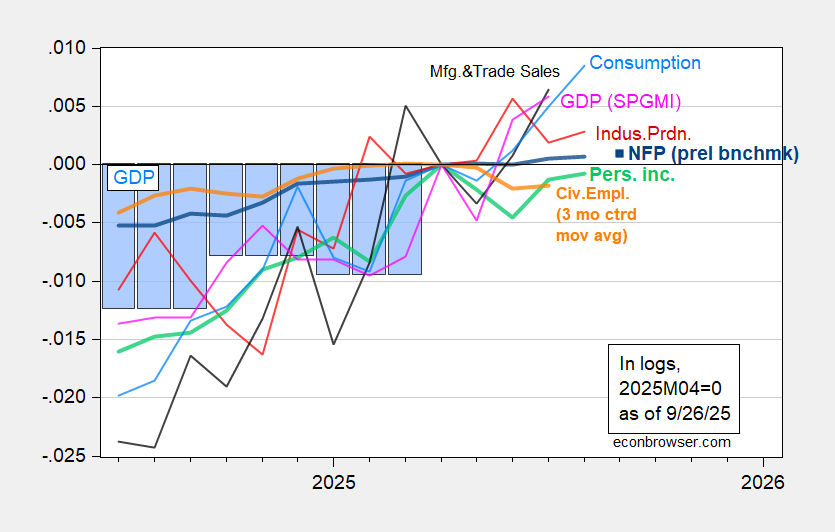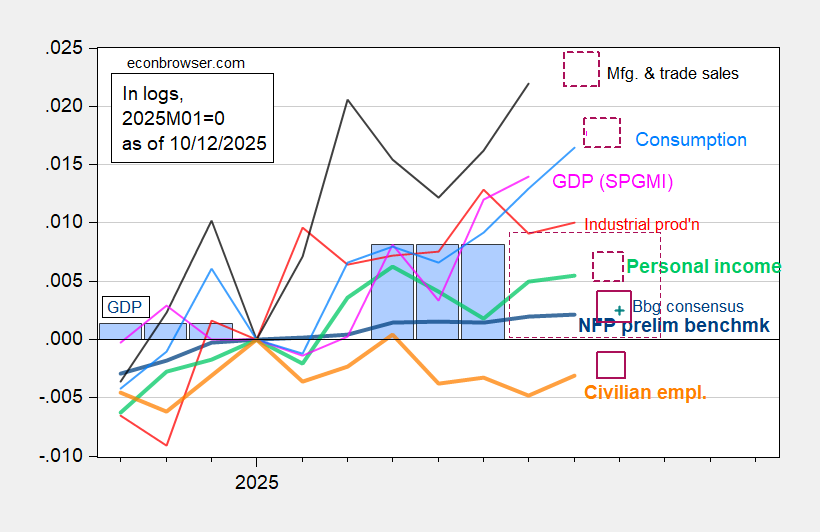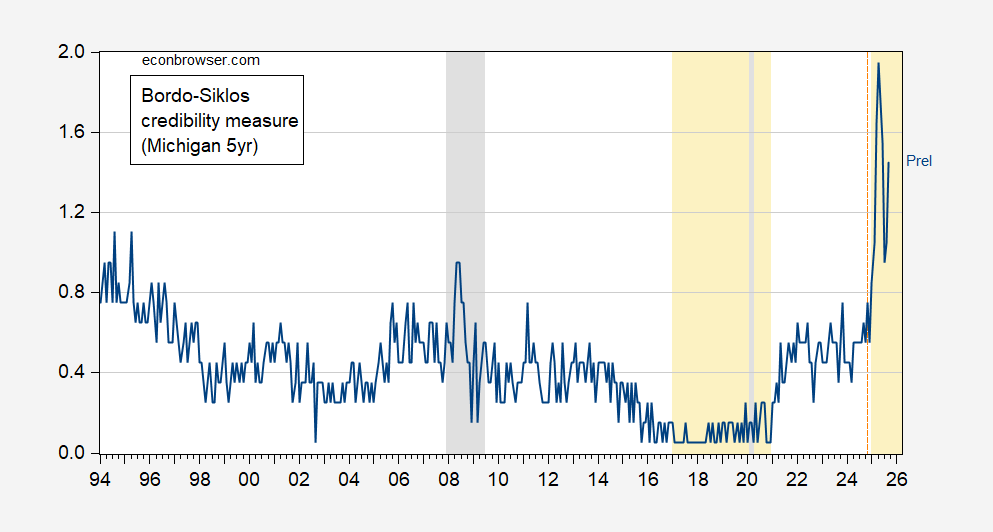
The recent announcement of a $20 billion currency swap with Argentina, orchestrated by the U.S. Treasury, raises significant concerns about accountability and the implications for American taxpayers. This funding, sourced from the Exchange Stabilization Fund, exemplifies a troubling trend of unilateral financial support without stringent conditions or oversight.
Unlike the Federal Reserve’s swap lines with major financial institutions like the European Central Bank and the Bank of England—where reciprocal access to currency facilitates stability—this arrangement with Argentina lacks those critical safety nets. It is essentially a gamble on the Argentine economy, relying on the trustworthiness of a government that has struggled to maintain currency stability amidst ongoing economic turmoil.
As citizens, we must question what collateral is being put forth to secure this loan. Are we, the American taxpayers, being asked to shoulder the risk without any guarantees? The precarious state of the Argentine peso, which has plummeted in value over the past month, underscores the urgency of this inquiry. A recent intervention by the Treasury aimed to stabilize the currency yielded uncertain results, further highlighting the fragility of the situation.
This financial maneuver does not merely reflect an isolated economic decision; it speaks to the broader systemic issues of global finance that prioritize short-term solutions over sustainable development. The reliance on loans as a primary means of support perpetuates a cycle of indebtedness, especially in developing nations like Argentina, where the socio-economic landscape is already fraught with inequality.
The potential for loss extends beyond dollars and cents; it encompasses the moral responsibility we hold toward global economic justice. By providing funds without the necessary accountability and conditions, we risk exacerbating the plight of ordinary Argentines who may already be bearing the brunt of a failing economy. In the face of such systemic inequities, it is crucial that we reconsider our approach to foreign financial assistance.
Our support should not come at the expense of democratic accountability and human rights. It is imperative that we demand transparency in how these funds will be used and ensure that they contribute to the stabilization and growth of the Argentine economy in a way that uplifts its most vulnerable populations. We must advocate for a framework that prioritizes social justice and equality, holding both the U.S. government and the Argentine authorities accountable for their actions.
The implications of this financial decision extend far beyond immediate economic outcomes; they reflect our values as a society committed to equity and human rights. We cannot afford to be passive observers in this critical juncture. It is time for us to challenge the entrenched power structures that dictate economic policy and demand a more ethical approach to international lending—one that aligns with our commitment to justice and accountability on a global scale.
This article highlights the importance of Support for Argentina.


